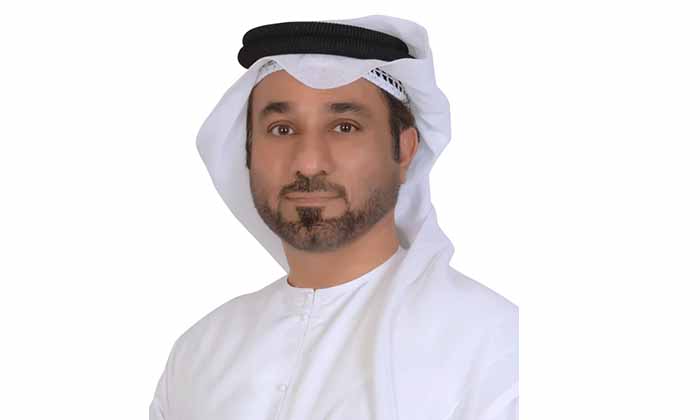Ministry of Climate Change and Environment Initiates National Survey Plan to Count Animals and their Products in Commercial Animal Production Farms
The Ministry of Climate Change and Environment has begun implementing a 2023 national survey plan, specifically designed to quantify animals and their associated products in commercial animal farms. The primary aim of this initiative is to compile an accurate and comprehensive database on the nation’s livestock, a critical step towards the sustainable enhancement of the country’s food security system.
The survey was launched in cooperation with the Federal Competitiveness and Statistics Centre, the Abu Dhabi Agriculture and Food Safety Authority, the Dubai Municipality, and with the participation of other municipalities in the UAE and local statistics centres. The implementation of the survey plan began in various targeted large, medium, and small commercial farms in all the emirates at the beginning of June and will continue until 31st July 2023 with a team composed of all relevant entities of each emirate.
The team’s efforts are focused on developing policies to preserve the livestock sector and organize its sustainable commercial exploitation and transformation to enhance its contribution to narrowing the food gap, securing supply chains, and boosting the national economy, eventually leading to a sustainable food security system. This is achieved by developing and implementing an integrated management strategy to protect and grow livestock wealth, increasing biosecurity levels, and developing and implementing animal disease and epidemic prevention programs and monitoring them. The team also supports inspection and surveillance mechanisms and standards in local farms and across border points and develops and enhances information exchange mechanisms at regional and global levels.
His Excellency Engineer Mohammed Mousa Alameeri, Assistant Undersecretary for the Food Diversity Sector at the Ministry of Climate Change and Environment, stressed the importance of the national survey plan to count the number of animals and their products in commercial animal production farms, given the interest and care that livestock wealth in the country enjoys, as it represents an essential element for both food security and the national economy.
HE Mohammed Mousa Alameeri said: “Within the framework of the Year of Sustainability, and in preparation for the UAE’s hosting of the Conference of the Parties (COP28) this year, the national survey plan aims to contribute to the development of a sustainable, data-driven food security system through providing accurate and comprehensive data about the animal wealth in commercial, small, and medium farms at the national level. Additionally, it involves determining the quantities and values of production from these farms to know their contribution percentage to enhance food security and the level of advancement in food security indicators.”
HE Alameeri added: “The survey process also aims to identify the challenges facing this sector and address them in coordination with the relevant authorities, which contributes to enhancing local investments, identifying future trends, and formulating and directing upcoming policies and strategies to develop and sustain animal production and enhance food security.”
Moreover, the national survey plan for counting animals and their products contributes to developing biosecurity policies through regular supervision of these farms and ensuring they implement the highest levels of biosecurity, in addition to creating a national database that provides mortality rates and productivity percentages during the production period and identifying production requirements and its financial costs, such as feeds, vaccinations, veterinary products, tools, and equipment. Plus, mapping the distribution of commercial, small, and medium farms across the country and their locations using a Geographic Information System (GIS), identifying the types of energy used in farms, and determining the types of renewable energy and their contribution to the green economy.
The survey is conducted by conducting field visits to the targeted farms for all commercial animal farms in the country by the local teams formed, and this is coordinated in advance by the team supervisor in the emirate with the farm management regarding the specific appointment for each farm, to ensure the availability of technical staff to provide the necessary data. Teams also adhere to biosecurity standards and comply with preventive measures in farm management for visitors.
The Assistant Undersecretary for the Food Diversity Sector at the Ministry of Climate Change and Environment called on farm administrations and workers to cooperate with field survey teams and provide accurate information and data, which will contribute to the formation of an accurate national statistical database at the national level that serves all levels and sectors as well as consumers.


Comments are closed.